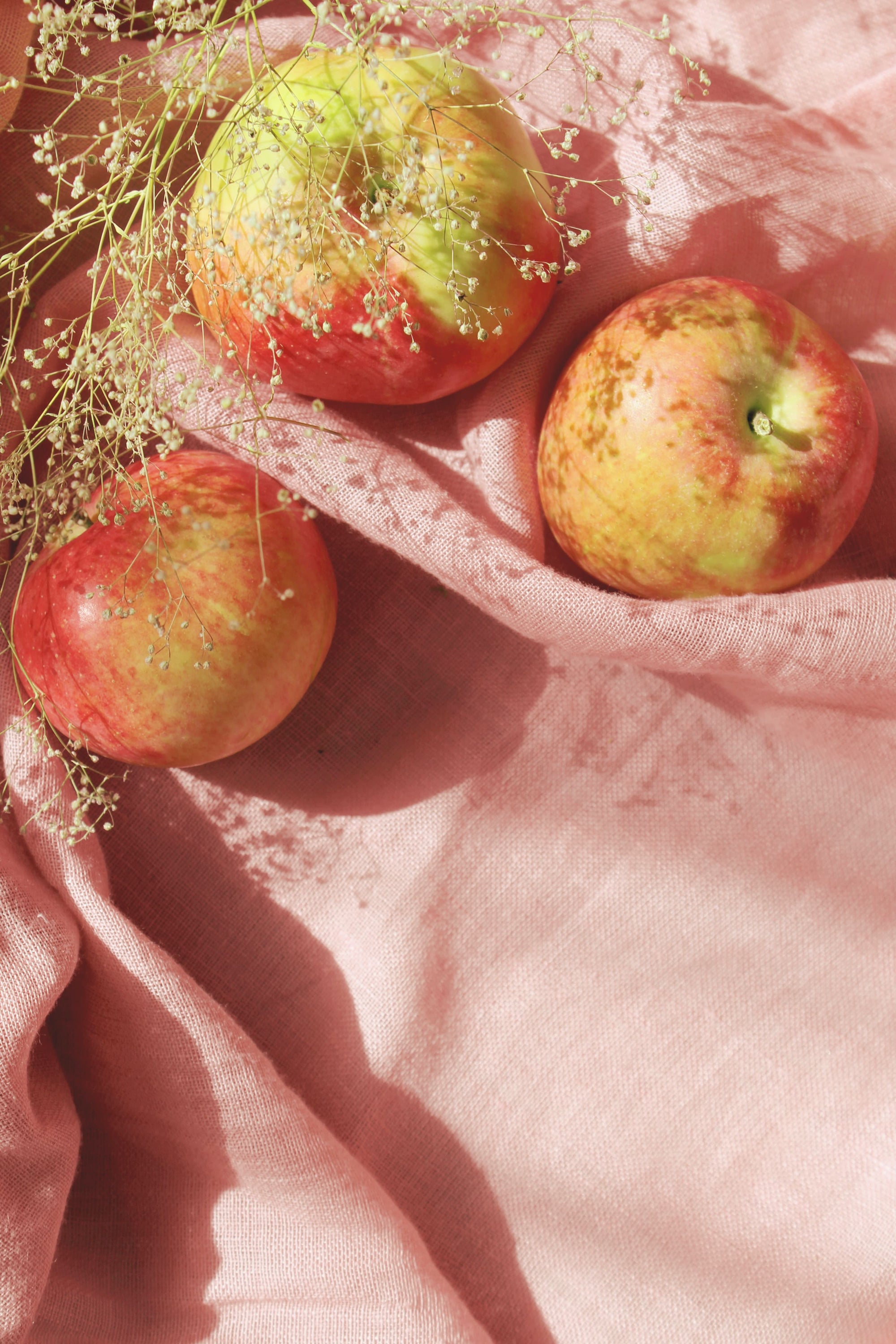Why is a vegan lifestyle important for the environment
It is no secret that the fashion industry is one of the most polluting industries in the world. The leather industry in particular is responsible for a huge amount of pollution and animal cruelty. Leather handbags are often made from the skin of cows, which are raised in brutal conditions on factory farms. These cows are routinely given hormones and antibiotics, and they are often confined to small spaces their entire lives. When you switch to vegan handbags, you are helping to reduce the demand for leather products. This helps to reduce the pollution and animal cruelty associated with the leather industry.
Benefits of vegan handbags
Animal welfare - With so many amazing vegan materials available, there's simply no excuse for using animal skin to make handbags.
Environment - The livestock industry is one of the biggest polluters on the planet. Ditching animal skin handbags is a great way to help reduce your carbon footprint.
Health - Animal skin handbags can contain all sorts of nasty bacteria and chemicals that can be harmful to your health. Vegan handbags are a much safer option.
Style - Vegan handbags come in all shapes, sizes and styles. There's sure to be a vegan bag out there that's perfect for you.
Cost - Animal skin handbags can be very expensive. Vegan handbags are often more affordable, meaning you can save some money while doing good for the planet and animals.
Drawbacks of non-vegan handbags
Non-vegan handbags are made with materials that are not sustainable and damage our enviroment. Furthermore non-vegan handbags often use materials that are not ethically sourced Altough this does not apply to every manufacturr, it is a common problem in the fashion indutry. Non-vegan handbags are often be made with harmful chemicals and dyes to give the leather a certain look or to process it.
With improper care leather can quickly suffer damage and no longer look beautiful. This does not happen so quickly with vegan alterants, which can be quite robust, depending on the processed material.



